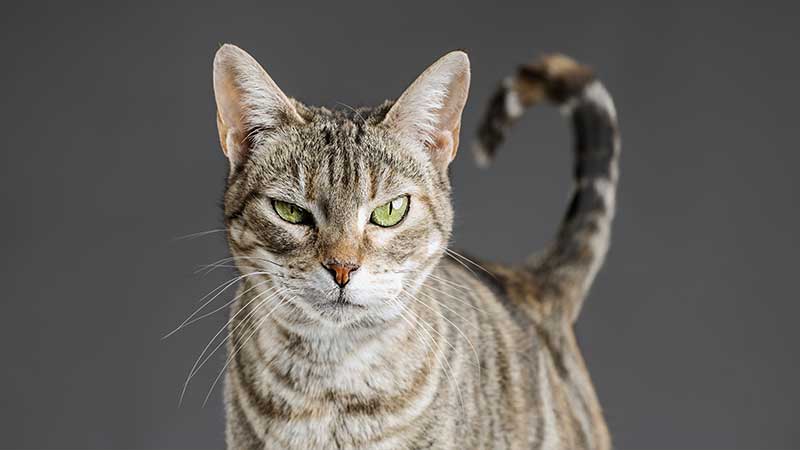Open the Door to Pet Health and Longevity with Pet Vaccinations

We all know our pets need vaccinations, and those who attend regularly scheduled wellness exams are likely up-to-date on important immunizations. Because vaccinations are designed to protect your pet against infectious diseases that could be fatal (or at least greatly diminish quality of life), they’re considered essential components of overall pet care.
However, there’s a lot of confusion regarding pet vaccinations. When combined with the hustle and bustle of daily life, many pets simply end up with a lapse in protection. At Animal Medical Hospital & Urgent Care, we want to make sure owners are aware of the value of keeping up with their pet’s vaccination schedule.
Core Pet Vaccinations
A core pet vaccination is one that protects against diseases that are fatal, highly infectious, or ones that can be passed on to humans. The rabies vaccine is perhaps the most important core vaccine for both pets and people. It’s also required by law in all 50 states.
Beyond the Basics
Non-core vaccines, such as Lyme disease, canine influenza, and feline leukemia, are generally determined on a case-by-case basis. Your pet’s age, environment, lifestyle, and exposure risks are taken into consideration when it comes to deciding which non-core vaccines are necessary. For example, pets who spend time in boarding facilities, dog parks, and doggie day cares will require certain vaccinations to protect against diseases that occur in areas where animals congregate.
What About Indoor Pets?
It’s common for pet owners to question the need for certain immunizations for indoor-only pets. However, consider the following scenarios:
- Accidental escape – As unlikely as it may seem, it’s unwise to ignore the possibility of an accidental escape. All it takes is one door left open or a small tear in a window screen, and your pet could be exposed to danger. If they end up in a shelter, their risk of contracting a disease increases significantly.
- Stowaway – As eager as an indoor pet may be to get outside, wildlife is sometimes just as eager to get in. A raccoon, bat, squirrel, or other critter that sneaks into your home could put your indoor pet at risk.
- Latent flare-up – In cases where kittens may have been exposed to certain viruses while very young (for example, in a shelter or as a stray), it’s possible the virus may remain in their system and flare up during times of stress or turmoil. Regular vaccinations help keep these flare-ups at bay.
New Family Members
Is your family getting a new puppy or kitten for the holidays? Congratulations! With the addition of so many new furry family members this time of year, we want to remind readers to schedule a wellness exam for new pets as soon as possible. It’s important to get pets started on a vaccination protocol since infectious diseases are especially dangerous to very young pets.
Please don’t hesitate to contact our team with additional questions or concerns about pet vaccinations.
